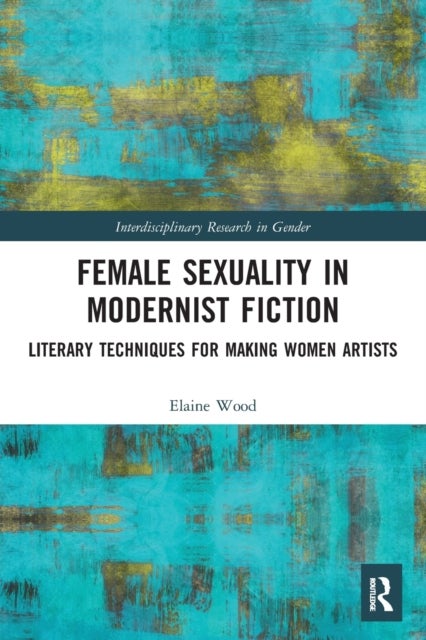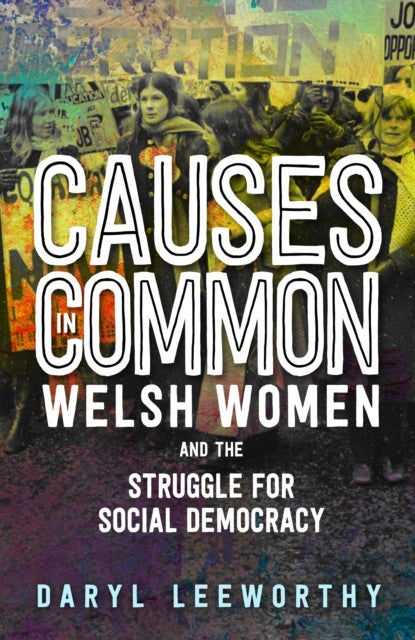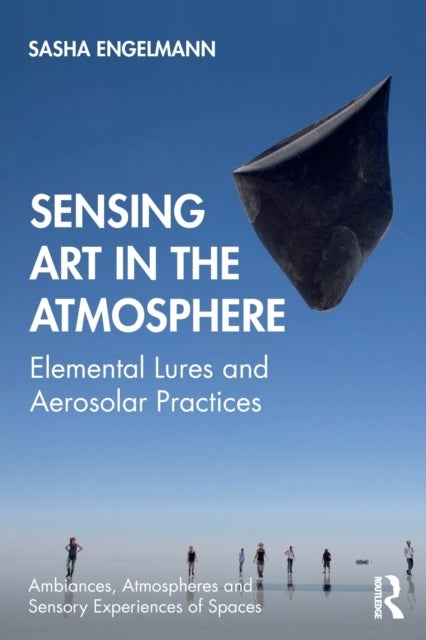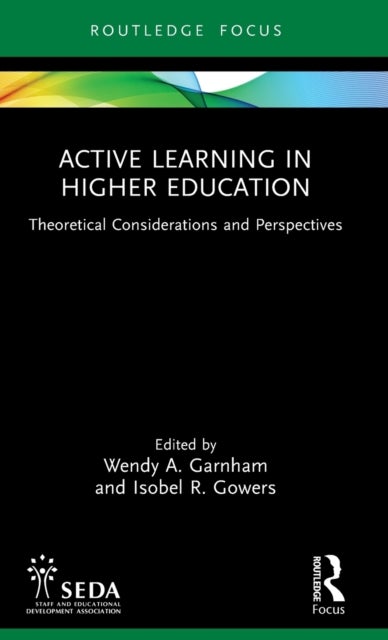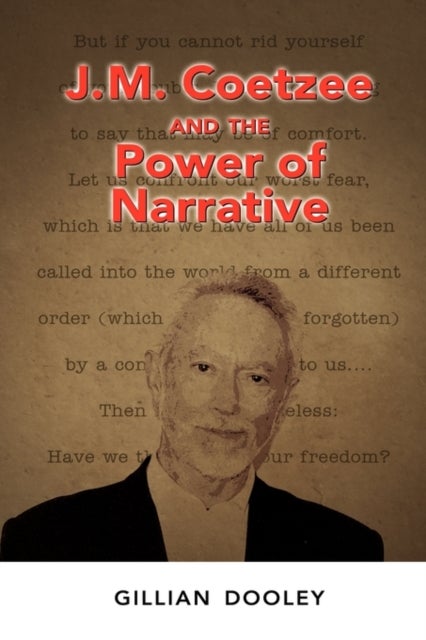
J.M. Coetzee and the Power of Narrative av Gillian Dooley
819,-
This book is a consideration of various themes and techniques ranging across famous South African writer J. M. Coetzee''s whole oeuvre. It aims to discover the "how" rather than "what" or "why": where does Coetzee''s work derive its power? A discussion of themes, influences, and allegorical meanings tends to bleach out the experience of reading; and this experience is surely the only reason for choosing Coetzee''s narratives over anyone else''s. It examines the type of resistance to be found in his work, a resistance which seems to have little basis in a political belief or a rational philosophy of justice. The book also traces the effects of Coetzee''s choice of point of view in each of his books--how it interacts with questions of complicity and impressions of realism, as well as how it relates to the subject matter and characters he is dealing with in each case. It is also an exploration of the place of the comic arts in Coetzee''s work. This is a subject which has routinely been di


